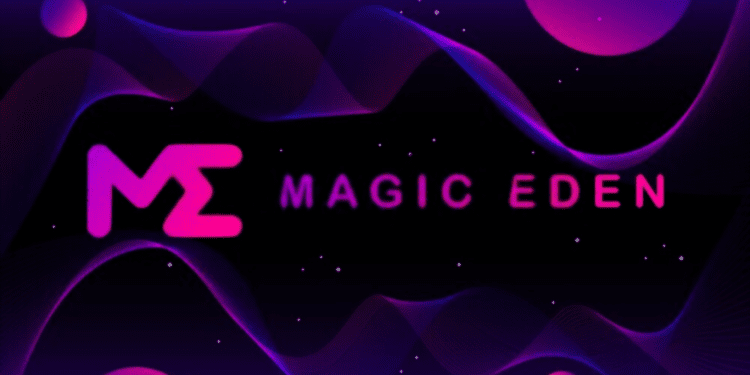A few days ago, the leading NFT marketplace on Solana- MagicEden, made a controversial announcement on their official Twitter page.
According to the announcement, the NFT marketplace would be transitioning to optional royalties. They explained that the decisions came to stand after “difficult reflection and discussion with many creators.”
“We will also begin running a promotion to waive our platform fees,” the tweet stated.
The 2% platform fee, paid to creators, would now be determined by whatever users decided to give NFT creators. Or better yet, as some comments put it, “a tipping system.”
Acknowledging that making royalties optional would affect the ecosystem, they expressed their desire to make the new adjustment a short-term feature.
“In this scenario, the collectors’ need for low-fee NFT trades stands in contrast to the creator’s need to receive royalty payments,” via a post on their official website.
Magic Eden’s thread sparked outrage on NFT Twitter, leaving spaces in uproar and NFT users divided.
The move to make royalties optional follows a controversial trend ignited by X2Y2 and Yawww, another popular NFT marketplace. X2Y2 announced two months ago that it would no longer make buyers pay royalties on certain NFT purchases, and as expected- things did not go well in the creators’ circle.
“Buyers on X2Y2 can now choose the number of royalties they would like to contribute to projects,” the X2Y2 official tweet said.
Their explanation for the decision was to stay ahead of market movements, as dominant aggregators were moving towards providing similar functionality in the future.
NFT holders and enthusiasts did not hold back on their criticisms, with a particular tweet calling them out on still employing web2 practices.
NFT Royalties And Creators’ Recognition
Of the many reasons why NFTs have been praised, one of them is the recognition and financial value it brings to artists.
While they get paid by people who buy their artwork, they also get royalties for secondary sales. Royalties become a passive source of income for creators, many of whom have earned thousands in revenue through secondary sales.
More importantly, royalties are a way for artists to get their fair percentage from buyers who flip- buy low and sell high. And why shouldn’t the people who bring the art to life get to take a share of what collectors can quickly get once the project begins on the moon?
Most times, NFT pieces begin with a low price and end up with floor prices that could set an artist up for a long time. Adding a residue ensures the creator is kept in the loop.
It Seems Like MagicEden Had No Choice
NFT royalties, no matter how important they are, can be bypassed as they are only enforceable on marketplaces and not on-chain. They are not coded into the smart contract of the marketplace, meaning a collector can get an NFT without paying more than the service fee.
It is also up to the marketplace to honor the agreement.
However, not everyone agrees with the royalties system. According to some opinions, it makes buyers hold on to NFTs they would initially sell. Some NFT artists also make art, not for quality’s sake, but for the value obtained if it is frequently re-sold.
This is one reason marketplaces have begun moving towards optional royalties and another why collectors are flocking to these platforms.
Through the Twitter thread, MagicEden updated users on the pace of the NFT market. They provided charts of cumulative wallets that have used optional royalties marketplaces to buy or sell NFTs.
The chart showed a steady increase in the purchase of NFTs from these marketplaces, proving that the market had begun shifting towards optional creator royalties for a while.
Seeing as many platforms have begun to toe the same line, it is only reasonable that they adapt to shifting market dynamics. This decision comes after they have tried to explore other alternatives.
“It’s also unfortunate, and it’s also very tragic. We did not want to be in this position, but the market has already spoken about optional market royalties,” a Magic Eden representative said. “It was effectively a race to the bottom.”
Nevertheless, the platform intends to do everything it can to support creators.
A Creator Monetization Hackathon will be launched to develop pro-royalty & alternative creator monetization tools. Hopefully, the $1m prize money will help offset the loss creators will incur until new standards that protect royalties are developed.












